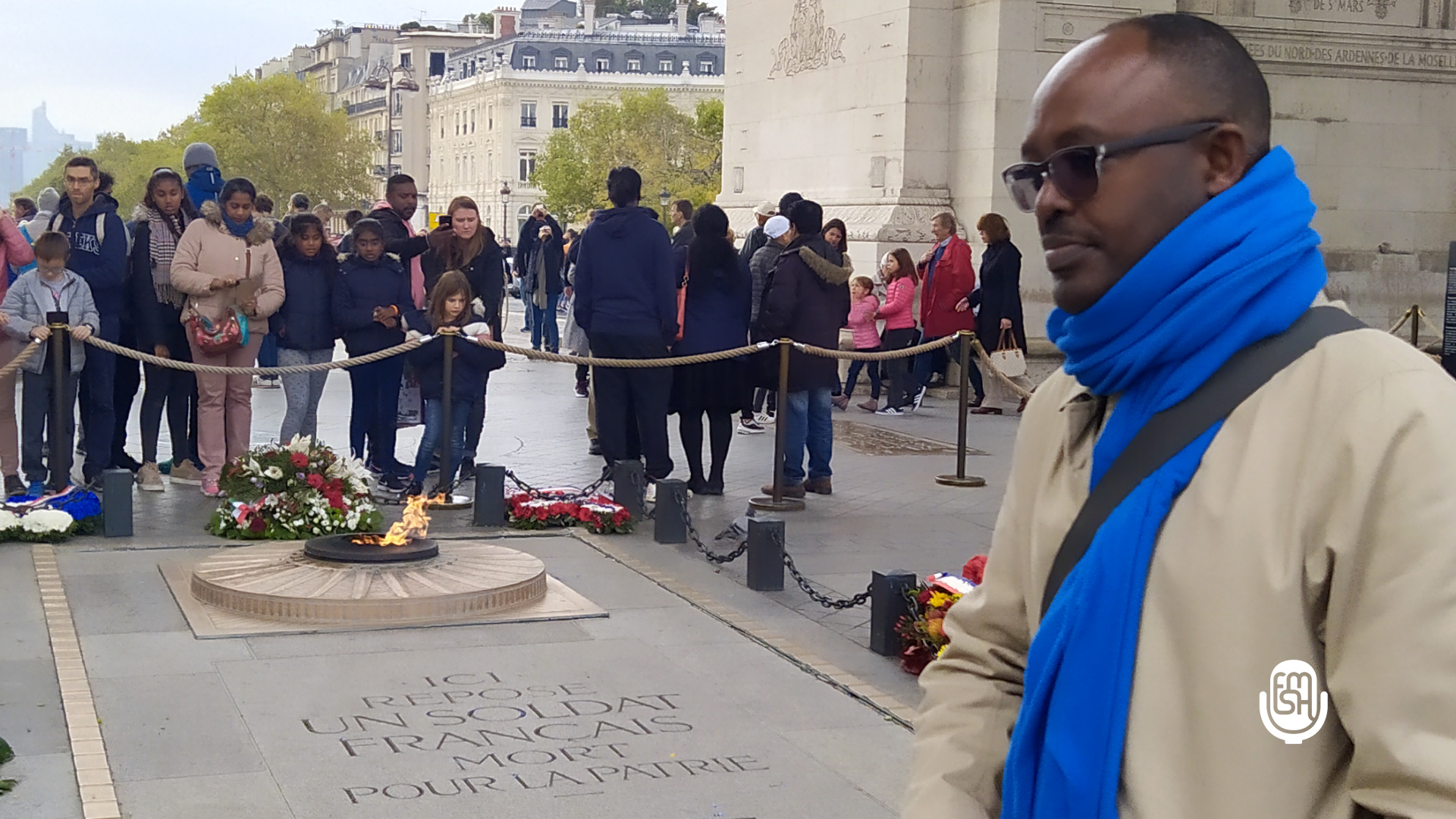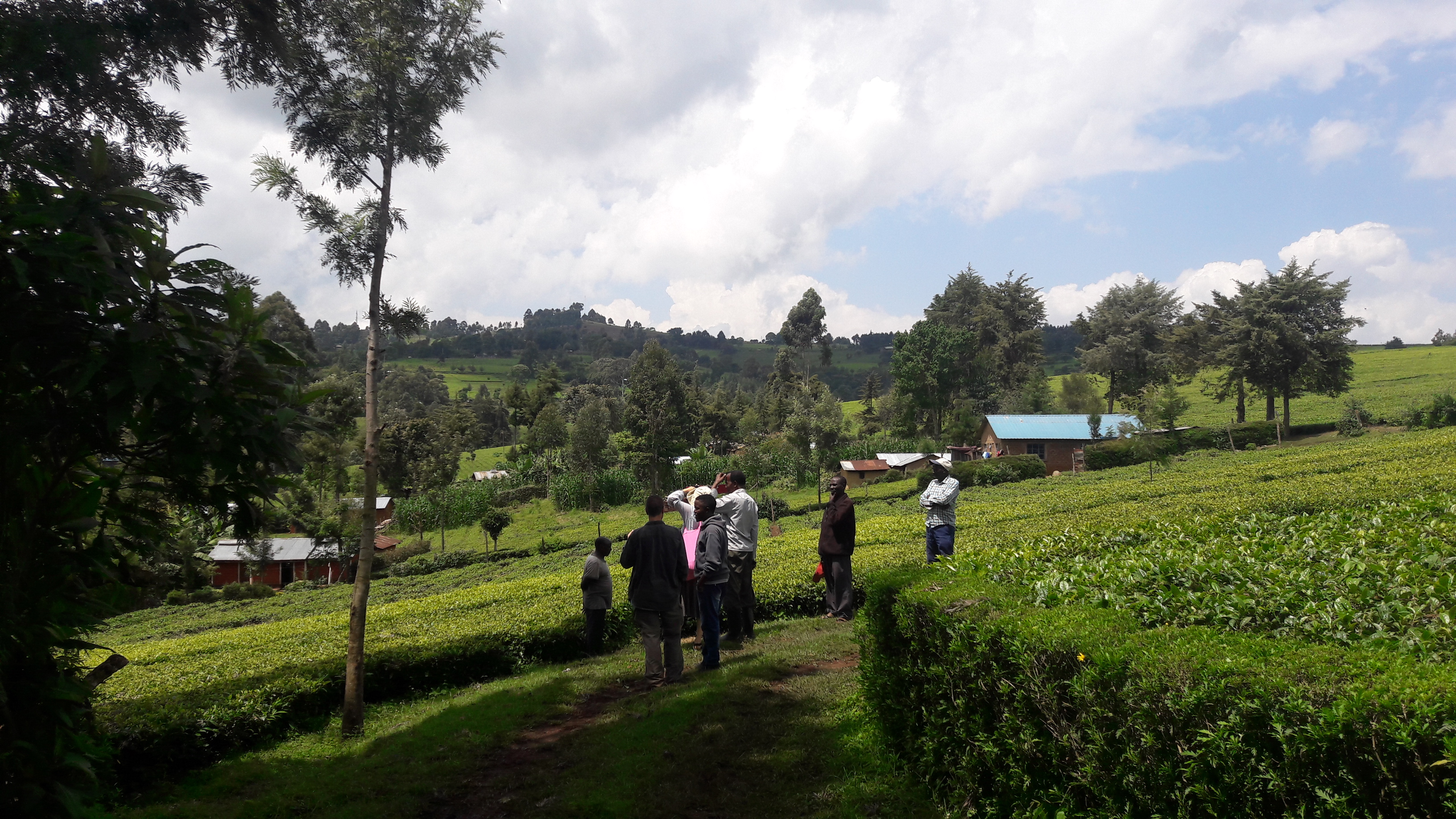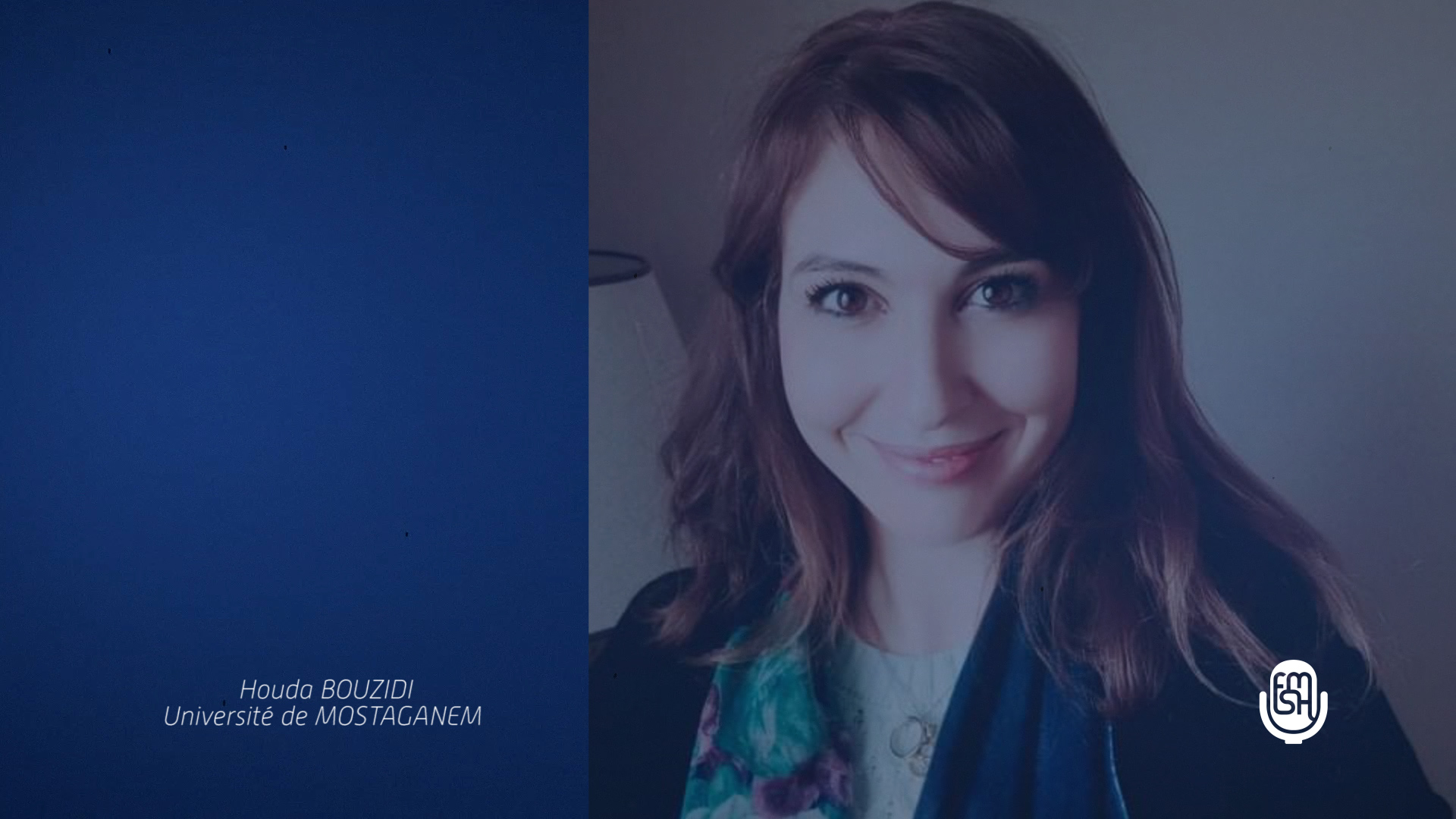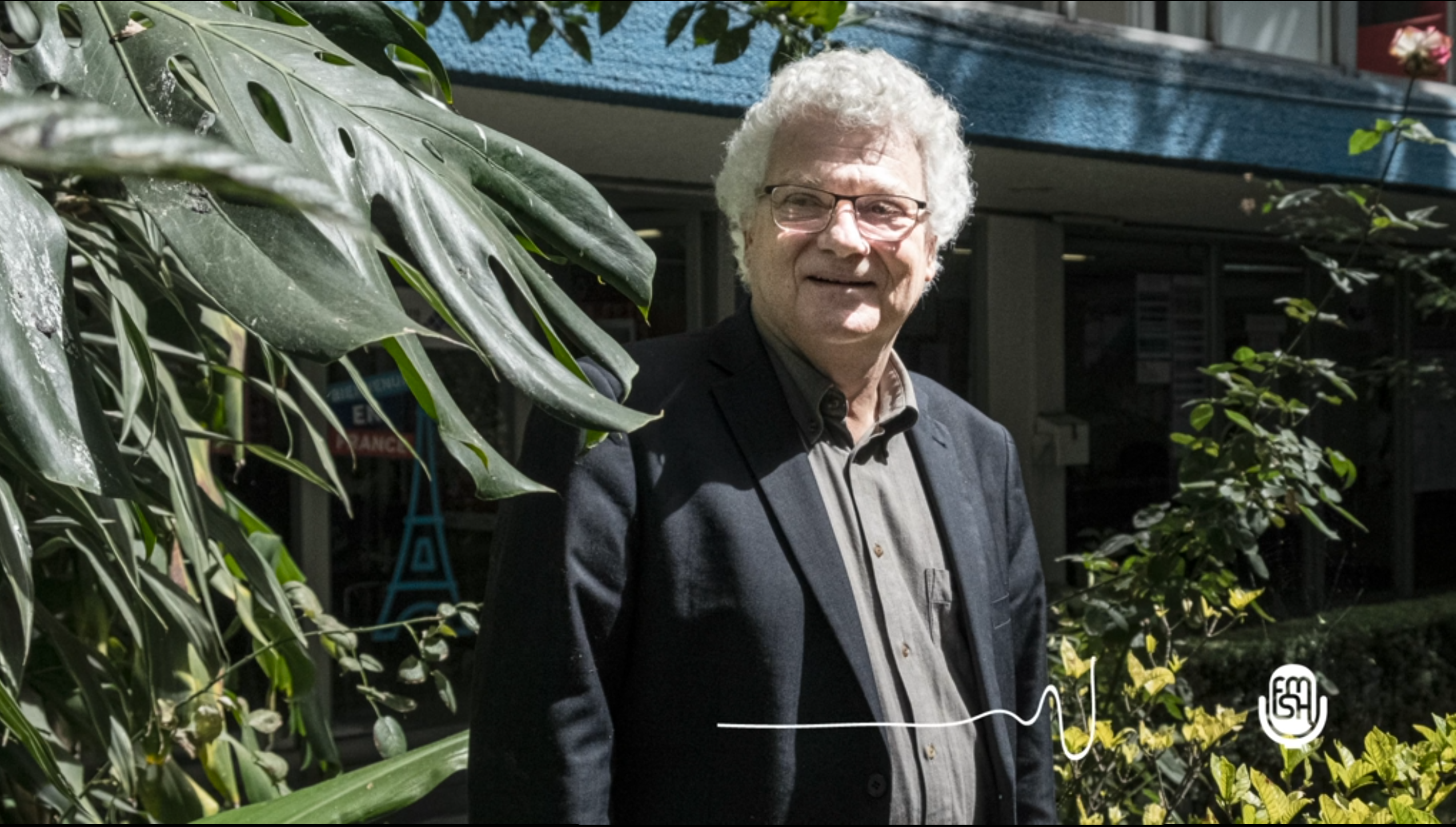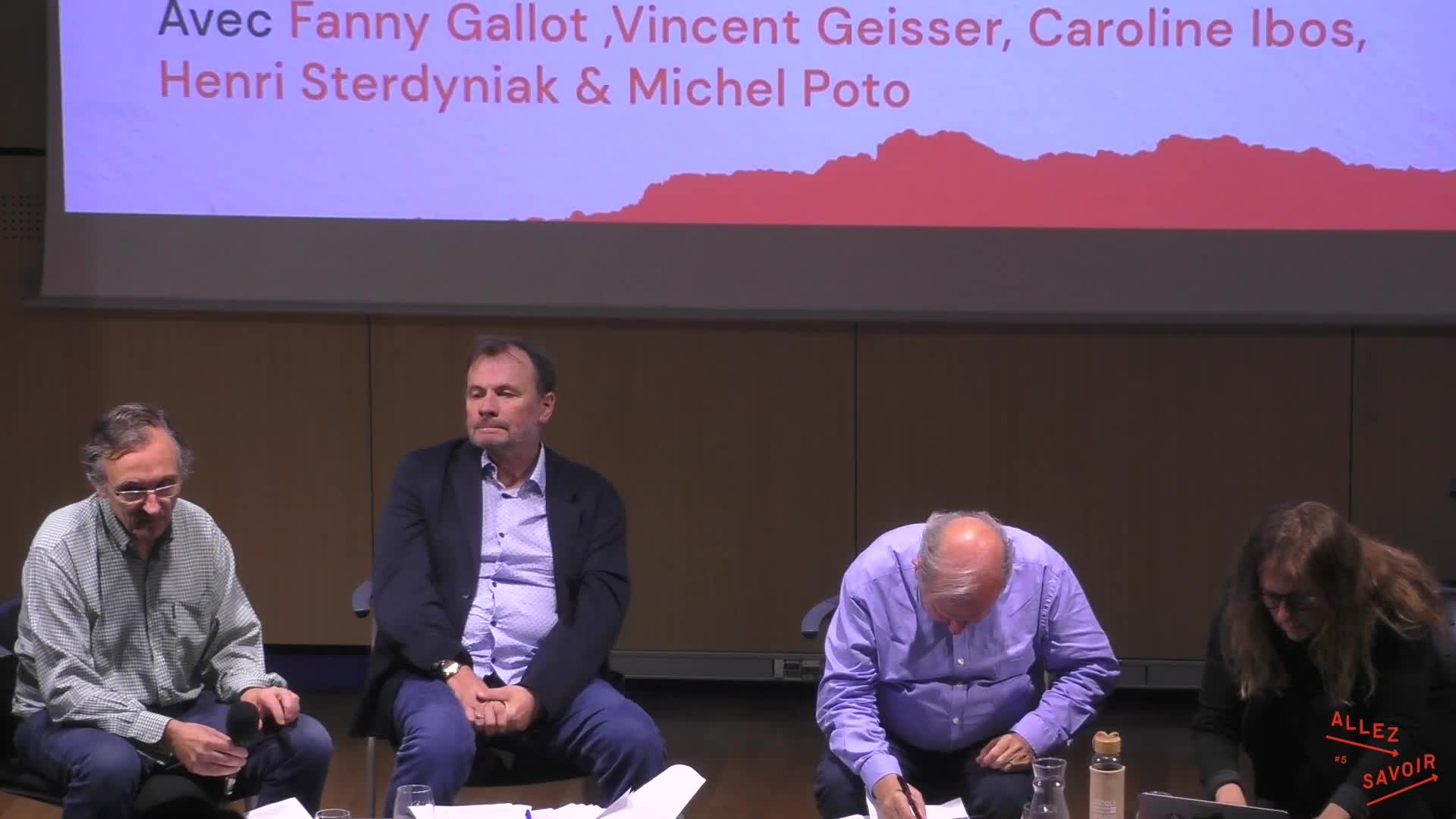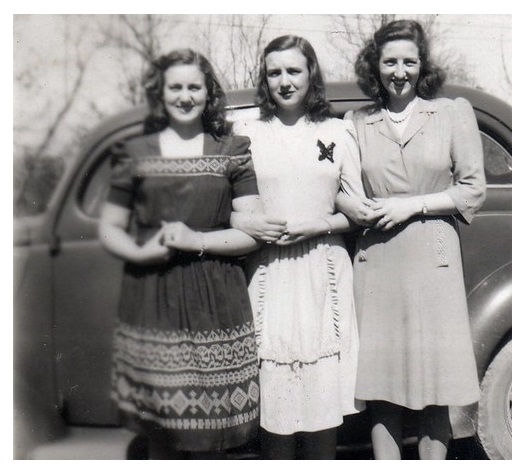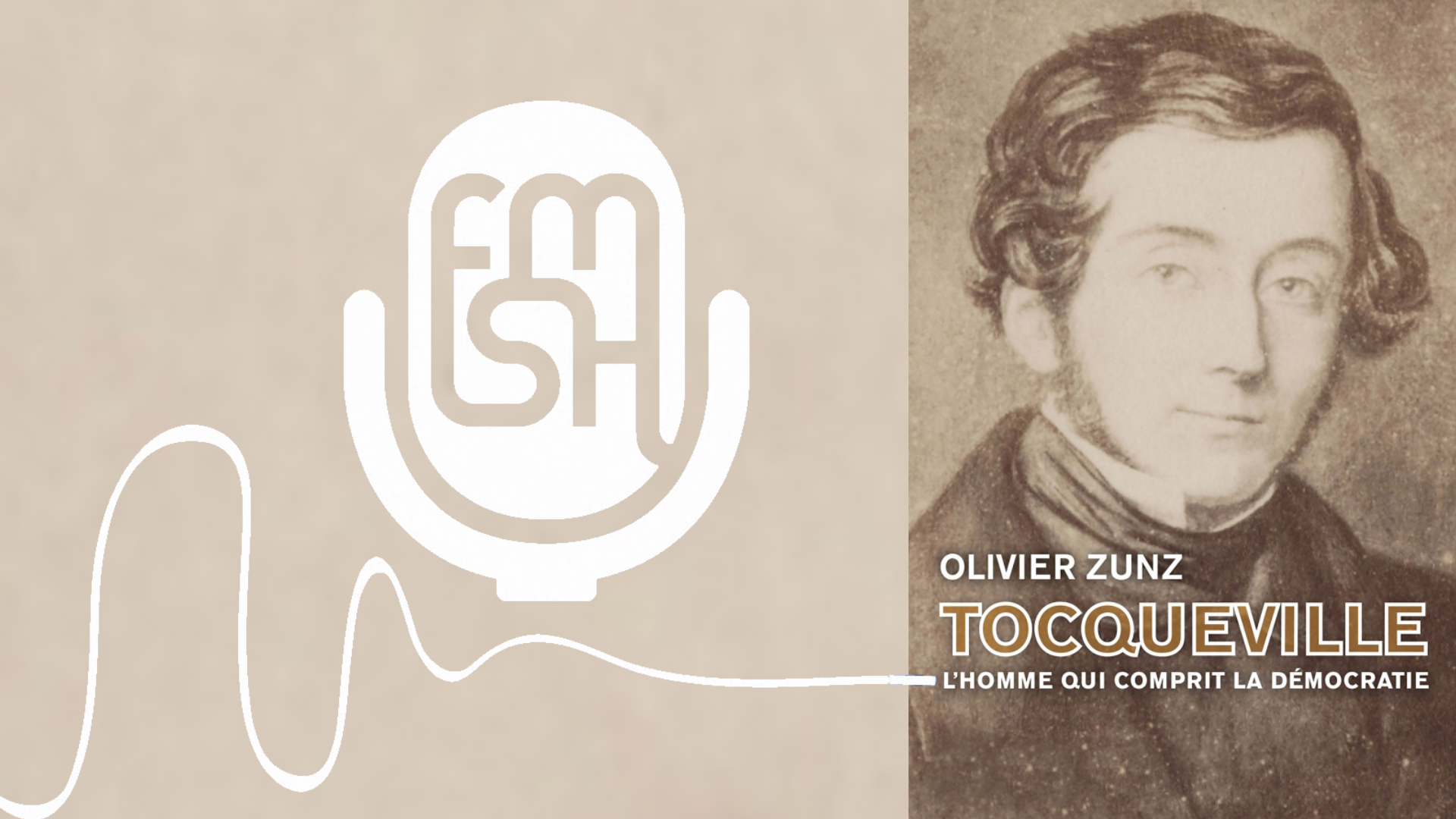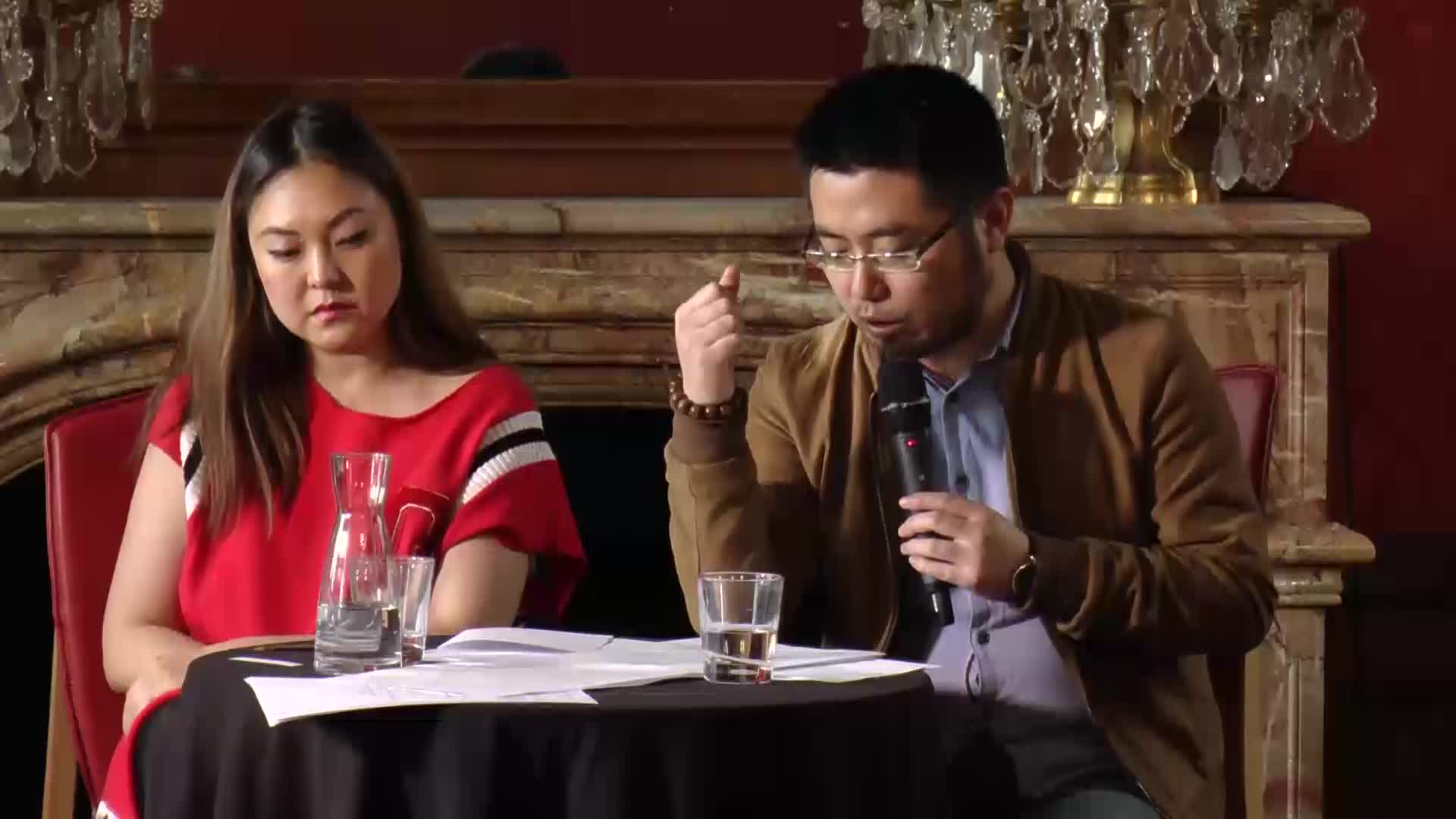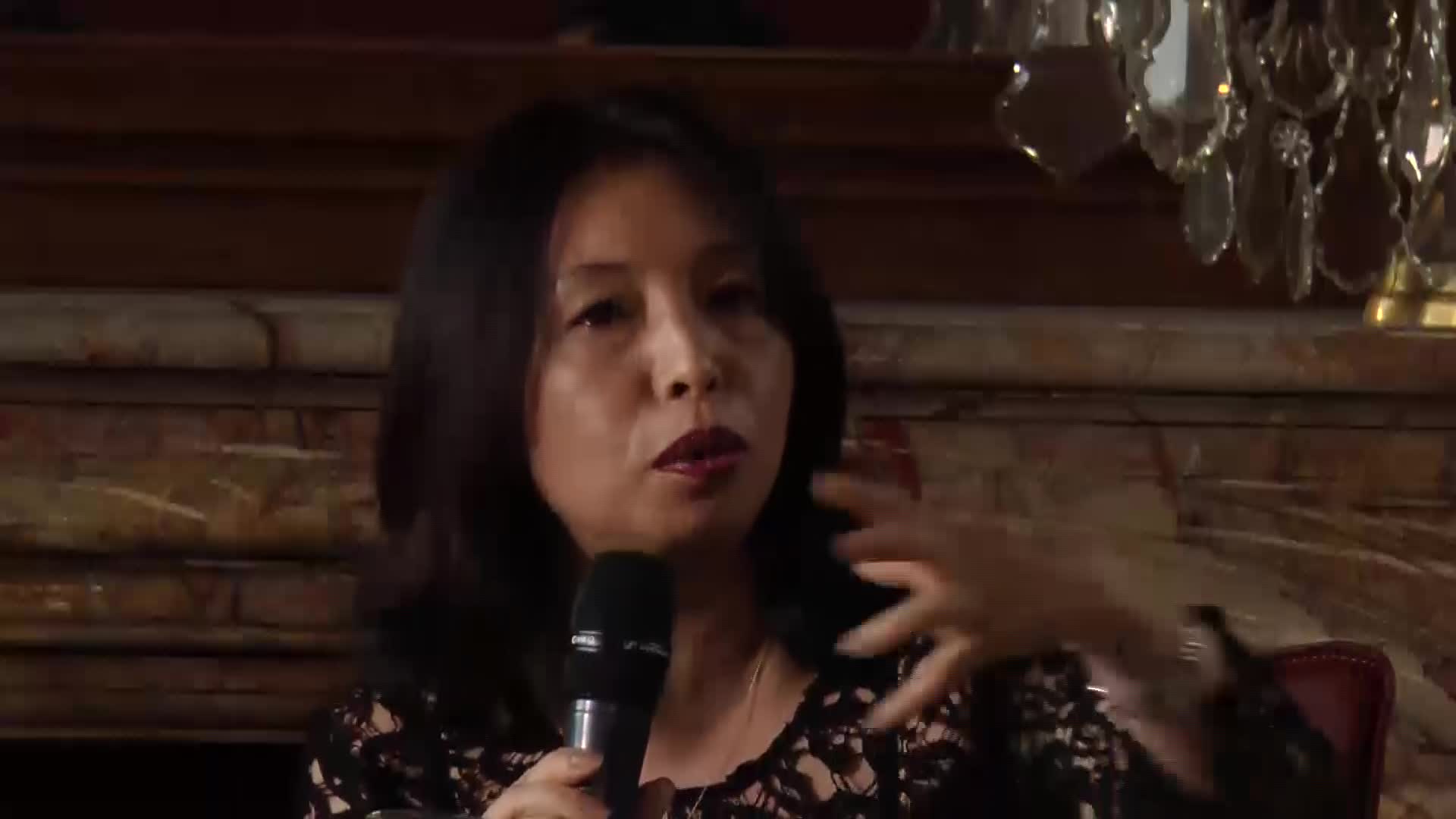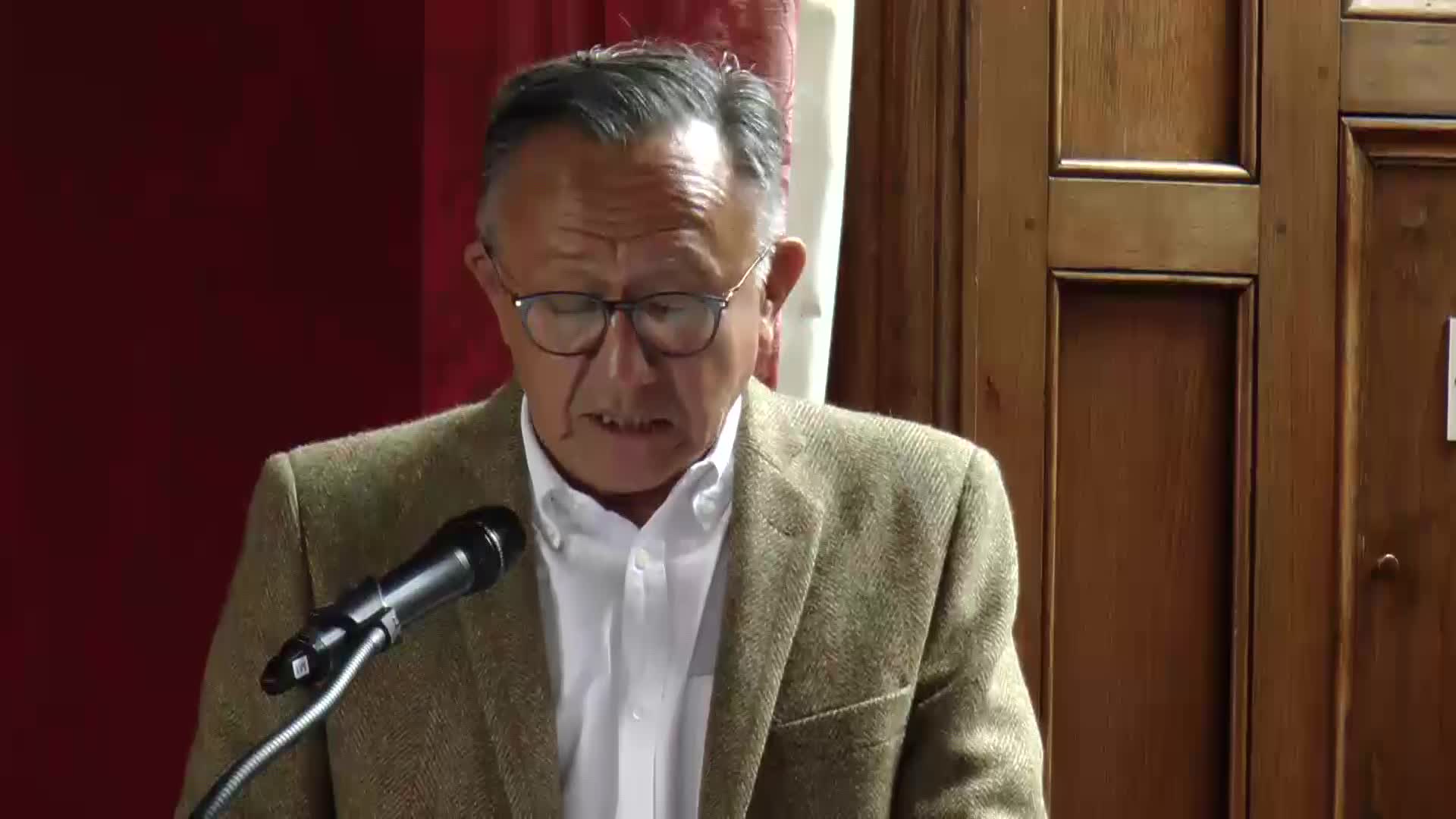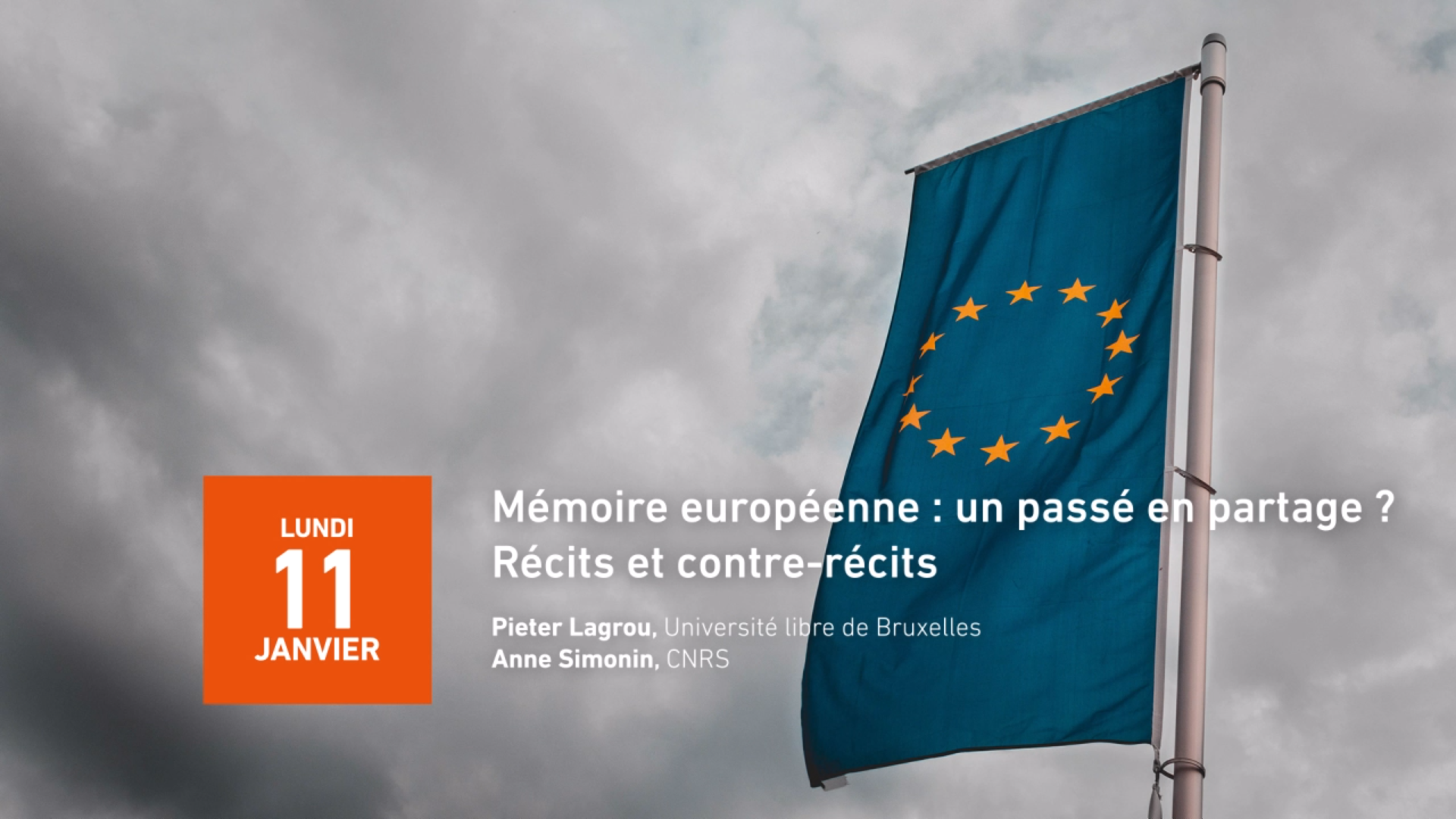Notice
Mobilisations sociales, politique et société dans le Kirghizistan contemporain, par Asel Doolotkeldieva (podcast)
- document 1 document 2 document 3
- niveau 1 niveau 2 niveau 3
Descriptif
Asel Doolotkeldieva est docteure en sciences politiques et chercheuse associée à l’OSCE (Organisation pour la Sécurité et la Coopération en Europe) à Bishkek. Après avoir réalisé une partie de ses études en France, Asel a soutenu en 2016 sa thèse portant sur les origines des mobilisations sociales au Kirghizstan à l’Université d’Exeter.
Grâce à l’appel entre la FMSH et l’Institut Française d’Etudes sur l’Asie Centrale (IFEAC) du Programme de mobilité Atlas, elle a pu venir revenir en France en 2019 afin de poursuivre ses recherches et avancer sur son projet de livre.
Les soulèvements populaires qui ont lieu successivement en Asie Centrale entraînent la chute des régimes en place mais ne conduisent pas à des réformes profondes du système politique. Lors de cet échange, Asel Doolotkeldieva met en lumière la manière dont on peut conduire des recherches dans un pays autoritaire et patriarcal comme le Kirghizstan, surtout lorsque l’on est une femme et que notre sujet d’étude porte sur des sujets sensibles.
Asel Dooltokeldieva, doctor in political sciences, is affiliated to the Organization for Security and Co-operation in Europe located in Bishkek. In 2016, she defended her thesis about the origins of social mobilizations in Kirghizstan at the University of Exeter.
She benefited from a fellowhip from FMSH and IFEAC in the framework of the Atlas Program and came to France for 2 months in 2019 to keep on working on her book project.
There are many successive popular mobilizations in Central Asia against the authoritarian regims but it never brings deep change of the political systems. In this podcast, Asel tells us more specifically what it means to lead delicate researches in such societies, especially when it is conducted by a women.
The Fondation Maison des sciences de l’homme (FMSH) and its partners abroad offer postdoctoral mobility grant to researchers in social sciences and humanities for periods from 1 to 3 months, in France or abroad.
Intervention / Responsable scientifique
Thème
Documentation
TRANSCRIPTION EN FRANÇAIS,TRANSCRIPTION EN ANGLAIS
Vous écoutez Histoires de mobilité, une série de podcasts produite par la Fondation Maison des sciences de l'homme. Histoires de mobilité racontent les expériences internationales de chercheurs et chercheuses que la Fondation soutient. Nous nous retrouvons pour ce nouvel épisode avec Asel Doolotkeldieva, chercheuse kirghize, venue conduire une partie de ses recherches postdoctorales en France grâce au soutien de la FMSH et de l'IFEAC, l’Institut français des études sur l'Asie centrale. Asel enseigne les sciences politiques et étudie plus précisément les mobilisations sociales dans l'espace postsoviétique. Elle évoque le poids du passé autoritaire des sociétés d'Asie centrale qui entrave les transitions politiques et ce, malgré les soulèvements populaires. Pour en savoir plus sur sa trajectoire de chercheuse, sur sa méthodologie et sur son séjour en France en 2019, dans le cadre du programme de mobilité Atlas, nous vous invitons aujourd'hui à écouter ce podcast qui lui est dédié.
You're listening to Histoires de Mobilité, a series of podcasts produced by the Fondation Maison des Sciences de l'Homme. Histoires de Mobilité shares the international experiences of researchers supported by the Foundation. In this latest episode, we're here with Asel Doolotkeldieva, Kyrgyz researcher, who came to France to conduct part of her postdoctoral research, thanks to the support of the FMSH and IFEAC, the French Institute for Central Asian Studies. Asel teaches political science and studies more specifically social mobilisation in the post-Soviet region. She talks about the weight of the authoritarian past in Central Asian societies which hinders political transitions, despite popular uprisings. To learn more about her career as a researcher, about her methodology and her stay in France in 2019, within the framework of the Atlas Mobility Programme, we invite you to listen to this podcast dedicated to her. I started my PhD thesis in 2010, when there was a second popular revolt in Kyrgyzstan, just five years after the first revolt. My name is Asel Doolotkeldieva, I come from Kyrgyzstan. I've a PhD in Political Science and I'm currently an associate researcher at the OSCE Academy, in Bishkek. It's important to understand that in the post-Soviet Central Asian region, where all the neighbouring countries have been under authoritarian regimes, since independence, since the end of the USSR, this political dynamism in Kyrgyzstan has been a unique and fascinating phenomenon. Hence my interest in social mobilisations, their origins, their nature and their structure. As we speak, there has been a third revolt in Kyrgyzstan, just a month ago, which led to a change of government, but with disturbing results and consequences. My doctoral thesis examined the conditions under which social mobilisations were made possible, despite the semi-authoritarian regime. In other words, I demonstrate that Kyrgyz society is mobile, unlike Tajik, Kazakh or Turkmen societies. But it succeeds only to overthrow the regime, the mobilisations don't lead to any deep reforms of the political domain. Moreover, Kyrgyz society shares these traits with other societies, in the Maghreb and in the Middle East, which were affected by the Arab Spring at the same time. Why can't we make deep reforms? We have to look for the reasons why in the authoritarian legacy which is very deep-rooted: corruption of elites, co-option of the opposition and the undemocratic rules of the game. The relative ease, when compared to studies on Kyrgyzstan, is explained by better access to the elites, political organisations and communities. But that doesn't at all mean that problems don't exist; as a woman, we are more exposed to verbal and emotional abuse than others. As soon as you show interest in issues such as religion or nationalism, or even, for example, the development of gold mines, like everywhere in the world, it's much more difficult for women to have a career, especially in a society as patriarchal as Kyrgyzstan. There is a sanction, especially on controversial topics like nationalism or religion, there's a tendency to use more neutral words; we say, for example, patriotism instead of nationalism. But compared to the situation in Russia, Kazakhstan or Turkmenistan, or even in our country before 2010, when there was a very authoritarian regime in place, freedom of expression in educational institutions and in research is of course much better now. Efforts are always being made by the government to strengthen control over the media or over the Internet, but I can say that the scientists have been spared, for the time being, from such repressive policy. For the most part, science has no influence on decision making which is why I think we have a little bit more freedom of speech than the media has, for example. I'm rather privileged compared to my other colleagues in the country, because I speak several foreign languages and I have international scientific networks as a result of my studies in Europe. I think it's so important to maintain these international programmes, even if it's just for short stays, because it really balances the possibilities for local researchers to be able to leave their authoritarian and repressive environment, even if it's for just a few months, to find some peace, and stability, to be able to write and to be intellectually engaged. I've published three articles since my return to Kyrgyzstan; the second was the result of my stay in France, where I met sociologists who worked on social mobilisation in Russia, in Belarus, in Maghreb and other countries. These intellectual exchanges allowed me to progress and I've been able to maintain contact with these colleagues for future conferences, for joint projects. And thirdly, I've a book project that I'm going to start in Paris, which is still work in progress, with the third revolt that took place just a month ago, which demonstrates how topical this research is on social mobilisation. It's an idea that touches on the political economy in Central Asia which is based on natural resources. The Central Asian states have put a lot of effort into developing resource extraction; it's either oil in Kazakhstan, or gold and other precious metals in Tajikistan and Kyrgyzstan, and gas in Uzbekistan. I'm interested in how these economic models allow for capitalist advancement nowadays, in this space which is surrounded by socialists; how do these development models, which are rather exclusive, because they enrich the elites of today and not the ordinary citizens, manage to create a politics of resistance at the local community level? It was quite an ambitious project because it looks outside of the Kyrgyz borders and more at the global level, at the advance of extractive capitalism. In Central Asia, we have a data problem; there are very few available statistics, so, to make a proper analysis that can generalise social and political trends, is almost impossible. I criticise my Western political scientists who come to Kyrgyzstan only to spend a few weeks in the capital, thinking that they can simply interview some of the elites; that's a very partial analysis. While we all know that the elites have their own agenda, to manipulate the citizens, to organize their own demonstrations. Yes, it happens in Central Asia. These demonstrations are not always an authentic expression, of the citizens. Elites and government have the power to organise their own mobilisations to advance their interests. I use all sorts of methods; I spend a lot of time in the villages, with the communities that sometimes take part in this kind of popular revolt, in order to get access to ordinary citizens, to get their opinion, their point of view, to find out their motivations for taking part in these kinds of critical events; I also take part in the events myself. So I'm using, so to speak, an anthropological method, participant or non-participant observation. When you are inside a demonstration, it really gives a vivid picture of how people are, why they are there, why they are involved, etc. This can make the research quite expensive, because it takes a lot of personal time to attend all these events. It can also be quite dangerous at times, because you should know that demonstrations in Kyrgyzstan, in most cases, are very much marked by the male gender. It's usually men who participate in these events, because it's considered to be a dangerous activity for women. So being alone amongst these men who can be very agitated can have its consequences. But I find that it's the only way to complete the picture in the absence of official data, statistics and the rest. For over 50 years, the Fondation Maison des Sciences de l'Homme has been supporting research and education in humanities and social sciences. With the voices of Amandine Samson and Emmanuelle Corne, and music by Irina Gimenez, this podcast was produced and directed by FMSH Audiovisuel.
Liens
La Fondation Maison des sciences de l’homme et ses partenaires offrent des aides à la mobilité pour des recherches postdoctorales en sciences humaines et sociales d’une durée de 1 à 3 mois.
Dans la même collection
-
La bande dessinée pour construire un savoir historique, par Ammar Kandeel (podcast)
KandeelAmmarDepuis les années 2000, et surtout à la suite de la publication de Palestine par l’auteur américano-maltais Joe Sacco, le conflit israélo-palestinien est de plus en plus représenté dans la bande
-
Les mobilités et l'Institut français du Proche-Orient (IFPO)
CatusseMyriamInterview de Myriam Catusse, directrice de l'IFPO à propos des programmes de mobilité internationale (programme Atlas entre autres). (Podcast)
-
Mouvements nationalistes contemporains en Éthiopie
LabzaéMehdiLa mission de terrain dont Mehdi Labzaé vous parle dans ce podcast a été soutenue par le Programme Atlas de la Fondation Maison des sciences de l’homme. Elle s’est inscrite dans le cadre de recherches
-
Dans les archives du génocide des Tutsi, par Philibert Gakwenzire (IFRA) (Podcast)
GakwenzirePhilibertPhilibert Gakwenzire est chercheur et historien à l’Université du Rwanda. Il a orienté son étude sur le génocide des Tutsi au Rwanda en 1994 et fait partie de l’association IBUKA (« Souviens-toi »)
-
Mobilité et internationalisation de la recherche en sciences humaines et sociales entre l'Afrique d…
FouéréMarie-AudeMarie-Aude Fouéré est africaniste et maître de conférences à l’EHESS en anthropologie sociale et politique. Elle appartient également au laboratoire IMAF : Institut des Mondes Africains.
-
Les transports semi-collectifs à Nairobi, pratiques numériques et populations, par Teddy Delaunay (…
DelaunayTeddyTeddy Delaunay est lauréat d’une aide à la mobilité postdoctorale de courte durée Atlas, financée par le FMSH et l’IFRA Nairobi (Institut Français de Recherche en Afrique). En 2019, il s’est ainsi
-
Expressions culturelles du trauma chez les victimes de viol au regard de la psycho-clinique, par Ho…
BouzidiHoudaHouda Bouzidi est chercheuse à l'Université de Mostaganem en Algérie. En 2018, elle a bénéficié d'une aide à la mobilité de la part de la FMSH et du CASS (Conseil Arabe pour les Sciences Sociales)
-
Mobilité et internationalisation de la recherche entre la France et le Mexique, par Bernard Tallet …
TalletBernardLe géographe Bernard Tallet est directeur du CEMCA (Centre d’Etudes mexicaines et centre-américaines), un des 27 Instituts français de recherche à l’étranger (UMIFRE) placés sous la double
-
Navigation de tradition indigène en pays Maya, par Alexandra Biar (podcast)
BiarAlexandraLa FMSH et ses partenaires à l’étranger offrent des aides à la mobilité pour des séjours de recherches en SHS à des post-doctorants. Ainsi, chaque année le programme Atlas permet à des
-
Programme DEA - Laurier Turgeon : la vie des objets, entre histoire, ethnologie et patrimoine
TurgeonLaurierLaurier Turgeon est professeur titulaire en ethnologie et en histoire au département des sciences historiques de l’Université Laval.
Sur le même thème
-
Qui a peur des sciences sociales ? Libertés académiques et culture de l'excuse
GeisserVincentGallotFannySterdyniakHenriPotoudisMichelLes sciences humaines et sociales sont de plus en plus attaquées alors qu’une production accrue de savoirs est nécessaire...
-
Actualité de la Turquie : L'évolution des institutions
GrocGérardL'ascension d'Erdogan sur la scène politique turque s'est accompagnée d'une concentration des pouvoirs entre ses mains et d'un encadrement de la société. Politique culturelle et éducative,
-
Une jeunesse sacrifiée - Chercheurs en ville #68
ChevalierTomDavidColetteLe BartChristianNotre invité ce mois-ci dans Chercheurs en ville, est Tom Chevalier chargé de recherche CNRS en science politique au laboratoire Arènes. Dans cette émission, il revient sur l’ouvrage qu’il a coordonné
-
Chaire CÉRIUM-FMSH sur la gouvernance mondiale
LachatRomainDassonnevilleRuthCréée par le Centre d’études et de recherches internationales de l’Université de Montréal (CÉRIUM) et la Fondation Maison des Sciences de l’Homme (FMSH), à Paris, avec le soutien du Vice-Rectorat aux
-
TOCQUEVILLE L'HOMME QUI COMPRIT LA DEMOCRATIE
ZunzOlivierEntretien mené par Pascal ROULEAU, directeur des éditions de la MSH avec Olivier ZUNZ, historien des sciences sociales et professeur du Commonwealth à l'Université de Virginie. Il est l'un des
-
Table ronde "Transmissions, générations et mémoire"
Des asiatiques en Île-de-France : nouveaux regards, nouvelles images Colloque organisé par Simeng Wang (CNRS) dans le cadre du "Tour du CNRS en 80 jours", avec le soutien du CNRS, de la Mairie de
-
Table ronde "Participations politiques et citoyenneté"
Colloque organisé par Simeng Wang (CNRS) dans le cadre du "Tour du CNRS en 80 jours", avec le soutien du CNRS, de la Mairie de Paris et de l'IEA de Paris.
-
Ouverture du colloque "Des asiatiques en île-de-France : nouveaux regards, nouvelles images"
Colloque organisé par Simeng Wang (CNRS) dans le cadre du "Tour du CNRS en 80 jours", avec le soutien du CNRS, de la Mairie de Paris et de l'IEA de Paris.
-
LÜTTEN KLEIN : VIVRE EN ALLEMAGNE DE L'EST. UNE SOCIÉTÉ EN TRANSITION
MauSteffenParution de l'ouvrage de Steffen Mau Avec Lütten Klein, Steffen Mau offre un livre aussi personnel qu'instructif. Son étude, rédigée avec beaucoup d'empathie, repose sur
-
La Chine, par Jean-Pierre Raffarin
La Chine fascine autant qu'elle effraie. Pays de tous les records et à l'apparence monolitihique, car visiblement porté par l'élan le Parti Communiste, il se caractérise toutefois par la persistance
-
Colloque L'Insulte: Introduction générale
L’insulte a encore assez peu suscité l’intérêt des sociologues et politistes. L'enjeu de ces journées d'études est d'étudier tant les pratiques sociales que les expériences vécues de l'insulte. Il s
-
Mémoires européennes : un passé en partage ? Récits et contre-récits
SimoninAnneLagrouPieterCraveriMartaConférence donnée par Pieter Lagrou (Université libre de Bruxelles) et Anne Simonin (CNRS), et modérée par Barbara Cassin (CNRS), et modérée par Marta Craveri (FMSH).






